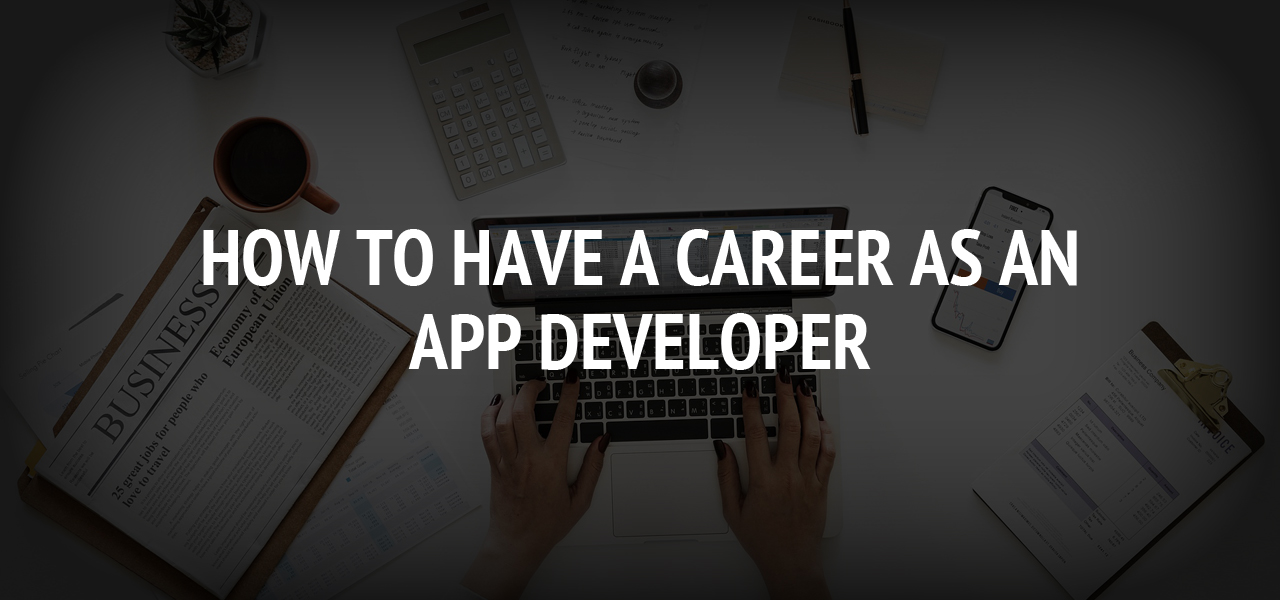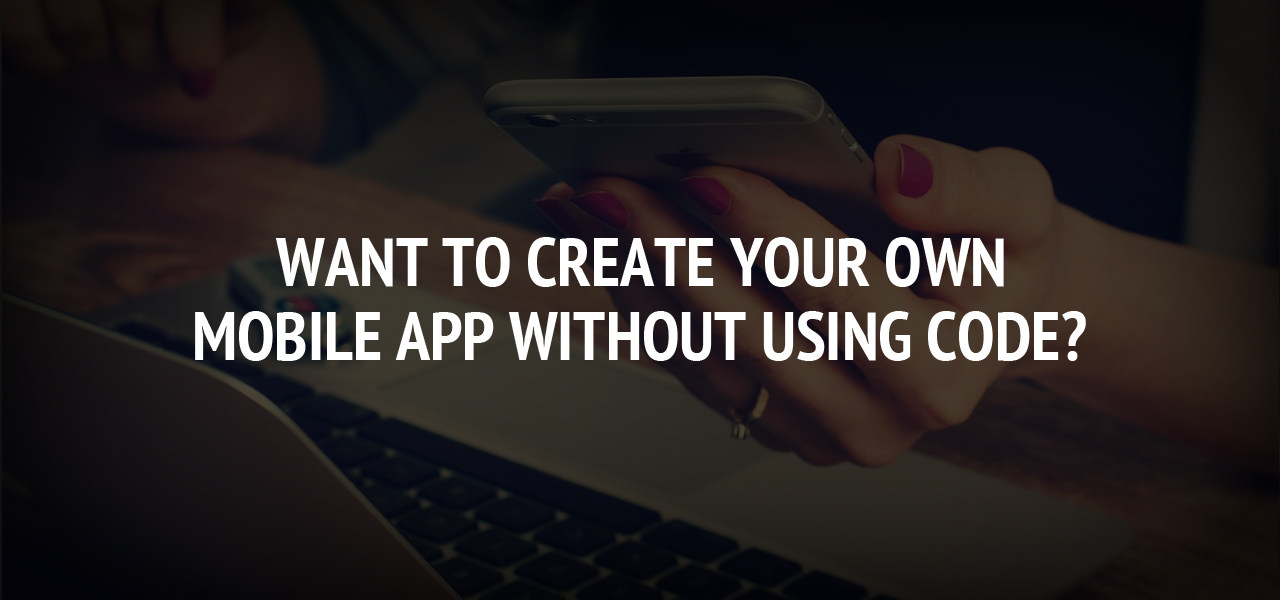How To Have a Career as an App Developer

Anyone with a smartphone will use them every day - whether it’s to send a message to a loved one, post a photo online, check your emails, or watch a TV programme, you’ll use an app to carry out these tasks. If you’ve got an interest in programming and working in the IT industries, then you may have thought about what it’s like to be an app developer.
How do you start out on this career path, though? With the correct qualifications and experience, you can get going down the route you want to, and ultimately achieve your programming goals. These are some hints and tips as to how you can do just that.
Get the qualifications
Chances are, you will need a degree for you to be taken seriously as a mobile app developer. You’ll need to make sure you’re fluent in the more popular programming languages. You don’t have to specialize and go for a specialist mobile app degree however, and could instead select a course that looks at mobile computing or software engineering - you could even consider a masters degree in computer science if you want to enhance your knowledge further.
The good news is that companies will need more app developers in the future. More jobs will become available as the popularity of this type of technology increases. You should be able to get a decent salary as well, but make sure you have as many qualifications and certificates as you can so that you will be able to rise through the ranks.
Get experience
The more experience that you can secure, the better. If you’re just starting out, then think about working on open source projects or local non-profits that will help them out. Not only will you find out what it’s really like to build an app to a specification, you’ll be involved in the whole development lifecycle. You’ll be working in a team, you’ll learn about documentation and version control. You’ll also be able to add this experience to your CV and enjoy a great feeling of accomplishment.
However, you should make sure you know the fundamentals of programming before going out to get further experience in this area. Ensuring you know the basics of programming - such as variable naming and how to properly structure a program - will help you with the problem-solving skills you need to be a great developer.
Keep on learning
You will always need to learn new skills throughout your career. When it comes to programming, things will change every few years - such as new versions of operating systems, their new features, and even new programming languages for you to find out more about. Older languages will develop as well. A lot of people do programming for fun, so you could develop your skills further while taking part in an enjoyable hobby. You could also showcase your skills on your own website, for example, and document your experiences of programming.
Get to know your platforms
Working on mobile apps is different to other software development. It means you have to take into consideration items such as memory, storage and bandwidth - which are scarce on mobile platforms. Your choice on what you want to do may be constrained, depending on the platform you prefer to work on (such as Android or iOS) and what development work you’re interested in, where (and for whom) you’d like to work. Learning a platform will take time, but some solution providers may offer limited-use versions of their platforms for a small charge - or even for free - so you can learn about them. There might also be self-study materials available for you to buy or get for free, so you can make the most of these tools.
Start your own business
Have you got an idea for an app? Then you might want to think about starting your own app business. The likes of Angry Birds, Instagram and Pokemon Go have been big successes - and there’s still room in the market for you to earn enough money from less complex apps. There’s also the interesting prospect of smartwatches and smart TVs to consider, too. Once you’ve got your idea - plus the will and energy to pursue it - do your market research and start to understand this area of the industry. Get to know the success stories and failures, try out different apps, and keep an eye on the latest trends to see what your potential clients may want.
Then when you’ve picked which platform(s) you want to concentrate on, the app can start to be developed - whether that’s with you, you build a team around you, or with a development partner, that could be up to you. You should also set up a business plan - start off with a short-term plan at first, then plan for longer periods once you’re more skilled with strategy. Look into securing investment either from getting a loan, through crowdfunding, or finding a partner. Some people may also be able to self-fund this step.
You shouldn’t launch an app without testing, so try an interactive prototype so you can see if there are any improvements that need to be made - or see if users like it at all. Think of it as a test drive of your app. Consider how to monetize your app: do you offer it for free or set a price? If it’s free, do you use advertising, in-app purchases or have a pro version? You will also need to promote your app through marketing, so start with social media channels. To gain lasting success with your app, you’ll need to constantly develop it. You can add new features, or do regular maintenance or improvements to what’s already on it.
You will need to constantly evolve to be a successful app developer, too. Learning about what the latest technology has to offer you will keep you ahead of the game - and should make the step along this career path into this industry a great success.
About The Author
Related Blog
View All-
Want To Create Your Own Mobile App Without Using Code?
There was a time when designing an app meant hiring the services of a programmer. It took weeks, months, and sometimes even years to create an app. However, things have changed in this modern era. You will come across numerous app-building platforms online. These ...
-
Why PhoneGap is best suited for a website programmer
Web developers are feeling a constantly growing need to incorporate mobile into their skill set. However, the daunting thought of slogging it out to acquire mobile app development skills has been a major restraint for many. PhoneGap is poised to assuage such fears, ...







